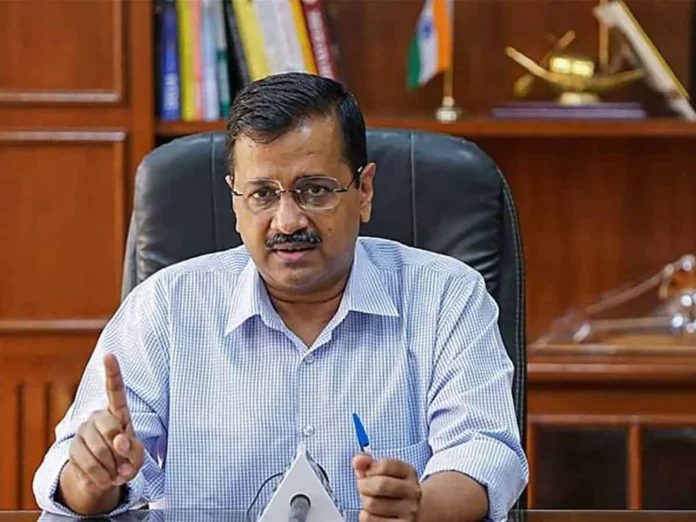The recent grant of interim bail to Delhi Chief Minister Arvind Kejriwal by a special court in a defamation case has sparked discussions about its wider implications, particularly for other politicians facing similar legal battles and for law enforcement agencies like the Enforcement Directorate (ED). The decision raises questions about the interface between politics, law, and accountability, shedding light on the complexities of navigating the Indian legal landscape.
Arvind Kejriwal, known for his outspoken views and confrontational politics, was granted interim bail in a defamation case filed by BJP leader Vijender Gupta. The case stems from Kejriwal’s alleged remarks against Gupta during the 2019 Lok Sabha elections. While the interim bail provides temporary relief to Kejriwal, it also raises broader questions about the use of defamation laws to stifle political dissent and criticism.
The implications of Kejriwal’s bail extend beyond the realm of electoral politics, with potential repercussions for other politicians facing legal challenges. The decision sets a precedent for how defamation cases involving political figures are adjudicated, highlighting the need for a balance between freedom of expression and the right to reputation.
For politicians like Hemant Soren, the Chief Minister of Jharkhand, who also faces defamation charges, Kejriwal’s interim bail offers hope for a fair and impartial legal process. Soren is embroiled in a defamation case filed by the BJP’s Jharkhand unit over his alleged remarks against a former Chief Minister. The outcome of Kejriwal’s case could influence the trajectory of similar cases involving political leaders across the country.
Moreover, the grant of interim bail to Kejriwal raises questions about the role of law enforcement agencies like the Enforcement Directorate (ED) in pursuing cases against politicians. The ED, tasked with investigating financial crimes and enforcing economic laws, has been at the center of several high-profile cases involving politicians, including money laundering and corruption allegations.
The intersection of politics and law enforcement is often fraught with challenges, with accusations of selective targeting and political vendettas being common. Kejriwal’s interim bail underscores the need for transparency and accountability in the legal process, ensuring that investigations are conducted impartially and without political interference.
The decision also highlights the importance of upholding democratic values and the rule of law, regardless of one’s political affiliations. In a democracy, the right to dissent and criticize government policies is fundamental to holding elected officials accountable. Defamation laws should not be misused to silence legitimate criticism or suppress political opposition.
As Kejriwal’s case unfolds, it serves as a reminder of the need for a robust and independent judiciary that upholds the principles of justice and fairness. The judiciary plays a crucial role in safeguarding the rights and liberties of citizens, ensuring that the law is applied impartially and without fear or favor.
At the same time, the legal system must also address the backlog of cases and expedite the delivery of justice. Delayed justice not only undermines public trust in the judiciary but also deprives individuals of their fundamental right to a speedy trial. The grant of interim bail to Kejriwal underscores the importance of timely resolution of legal disputes, particularly those involving public figures and political leaders.
In addition, the interim bail granted to Arvind Kejriwal in a defamation case has far-reaching implications for Indian politics, the legal system, and law enforcement agencies. It highlights the need for a balance between freedom of expression and the right to reputation, as well as the importance of an independent judiciary and timely delivery of justice. As Kejriwal’s case progresses, it will continue to shape the discourse around politics, law, and accountability in India.

